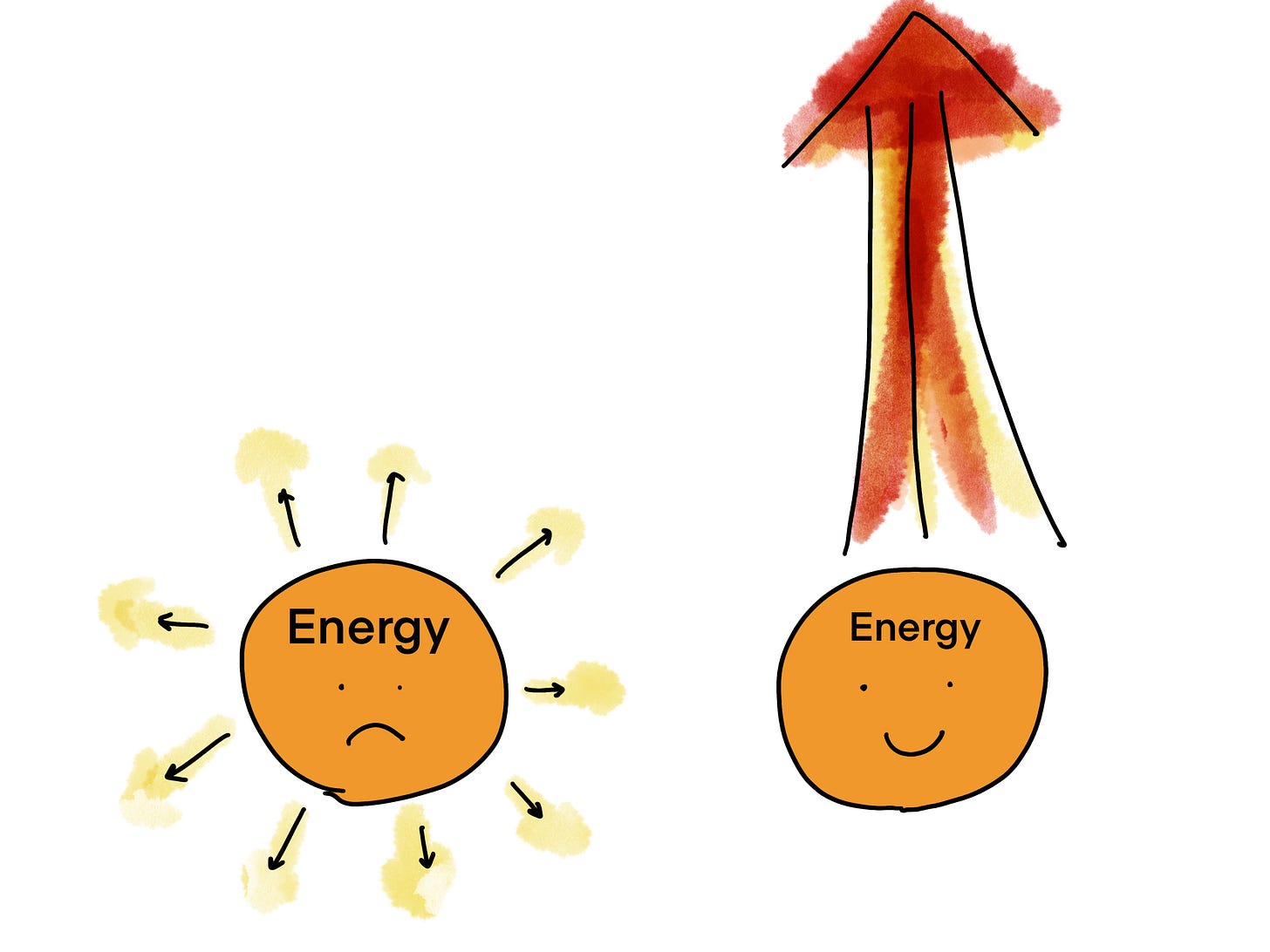why i grind
honesty internal convo
Why couldn’t I take that step forward?
I realize now—it’s because it’s so easy to fall back into the grind. To default to productivity. To do what feels familiar, rather than pause, reflect, and question what I actually want. Grinding is comforting in its own way. It lets me feel useful. It gives me control. But stepping back? That feels slow. Uncertain. Full of friction.
To truly slow down, I might need to quit my job. Or take a long leave. That’s terrifying, especially with the complicated web of visa issues and finances. Deep down, I trust things will work out eventually. But the cost of trying feels overwhelming. And I’m tired. Really tired.
There’s also the fear of leaving this “grind culture.” A fear of missing out—especially in San Francisco, where it feels like the heart of tech beats fastest. I know working endlessly isn’t the smartest or most strategic way to build something meaningful. I’ve always known my best self emerges when I feel free—when I’m allowed to play, to think clearly, to be intentional. But the comfort of following the crowd is real. It gives you the illusion of belonging. You don’t have to choose. You don’t have to take responsibility for the consequences of your choices.
I try to break the cycle—say I’ll take a two-month leave—but then I backtrack. I tell myself I forgot. And I return to the routine, not because it’s best, but because it’s comfortable. And comfort is seductive. In addition, many forces pull at me every day.
“Esther, we really need you to finish this today—it’s our top priority.”
“We love working with you, you should spend more time here.”
It’s not just about clarity of direction. It’s a tangle of relationships, attachments, ego, identity, and the need to belong.
But in the long run, I don’t want to just fit in. I want to matter. I want to feel alive. I want to direct my energy with purpose, not scatter it on things that won’t mean anything years from now.
And I have come far. Since graduation, I’ve taken step after step. I used to be terrified of unemployment—now I’m at peace with it. I used to feel unready to be a full-time engineer—now I’ve become one. I once feared even entertaining the idea of building something on my own—now I’m already on the path.
Now, I’m playing with the idea of leaving the U.S., even though I finally have the visa. I’m thinking about choosing somewhere more abundant, more fulfilling, less conventional. It makes sense that I’m uncomfortable—this is what growth feels like.
But a voice inside me says: "Wait, I finally have a few months of comfort, and now I need to be uncomfortable again? Por favor?"
Most people think doing more is better. Yet, it means that they never really studied opportunity cost. Everything has opportunity cost. For the years I was keeping making the mistake of in the culture of productivity that I imagine I can do it all, I can fit more in, even though it's not true.
Over the years, I observe that most of the people who didn't get anywhere get excited by everything (and thus they react to everything) because they are so busy pursuing every opportunity and idea that they actually explore less.
The way another way is to explore and evaluate a broad set of options before committing to any one of them. Because we only want to commit and go big on only a few important ideas and activities, so it's important to explore lots of options at first to ensure we pick the right thing later.
To discern what is truly essential, we need: space to think, time to look and listen, permission to play, wisdom to sleep, The discipline to apply highly selective criteria to the choices we make
Ironically, in a non-essentialist culture, these things can be seen as tribal distractions. At best, they are considered nice to have. At worst, they are derided as an evidence of wickedness and wastefulness. — Essentialism: The Disciplined Pursuit of Less
And yet, time and time again, I forget. Esther forgets. She drifts. She gets pulled. And she needs reminders. Because staying focused is not just strategic—it’s emotional. And it’s hard.
But every time she realigns, every time she listens to that inner knowing, it ends up being worth it.
So… how do we keep her on that path? How do we protect that clarity, that courage, that play?



Okay, Esther did 4 following things to break through her fear:
1. She reached out and is going to have a chat with the visa service
2. She started responding back to people to learn about remote work x2
3. text rachel for help
Good one!